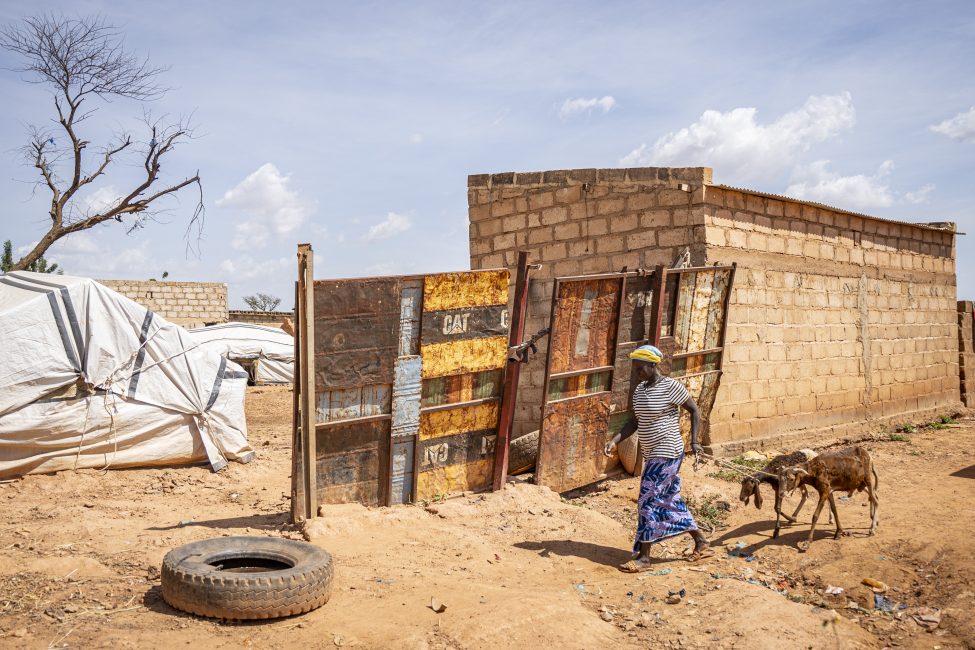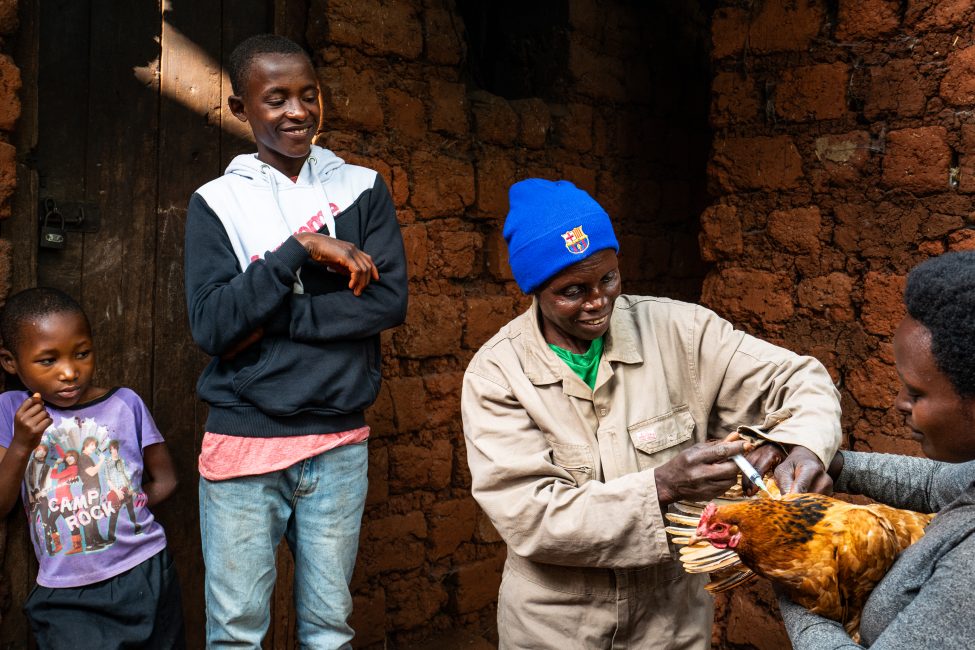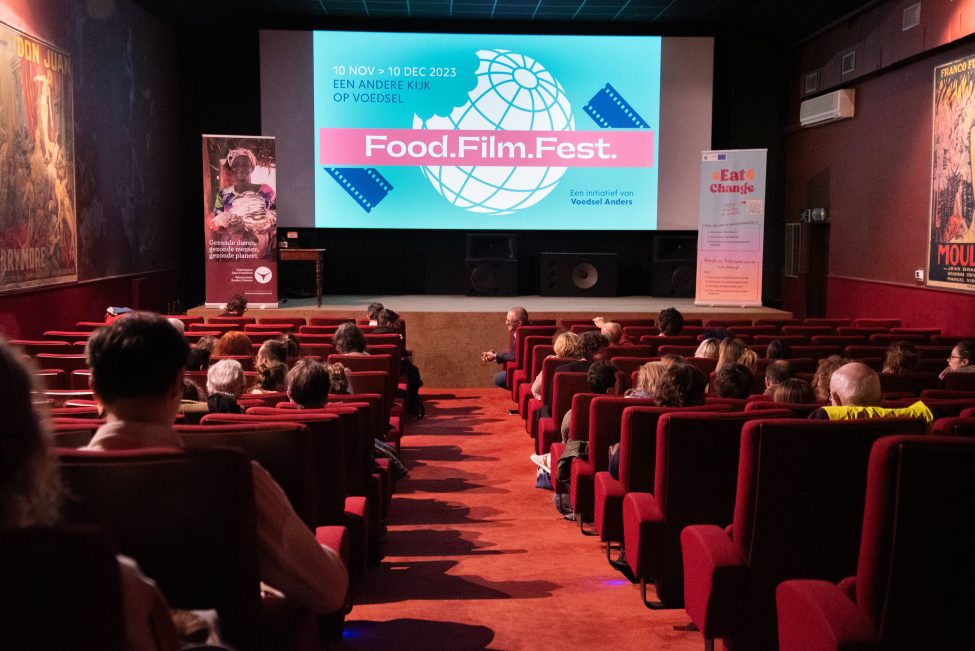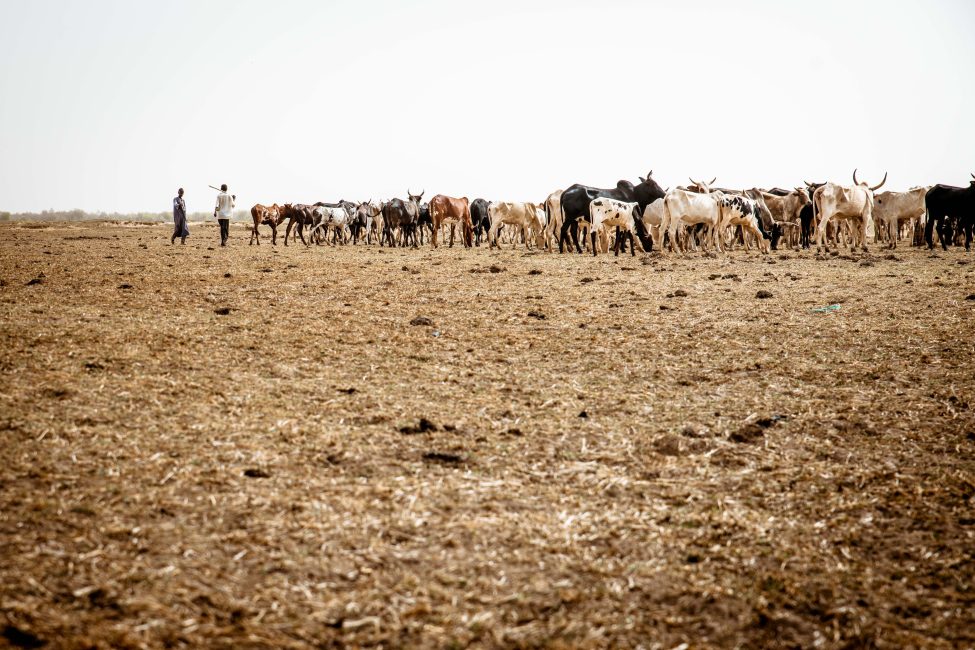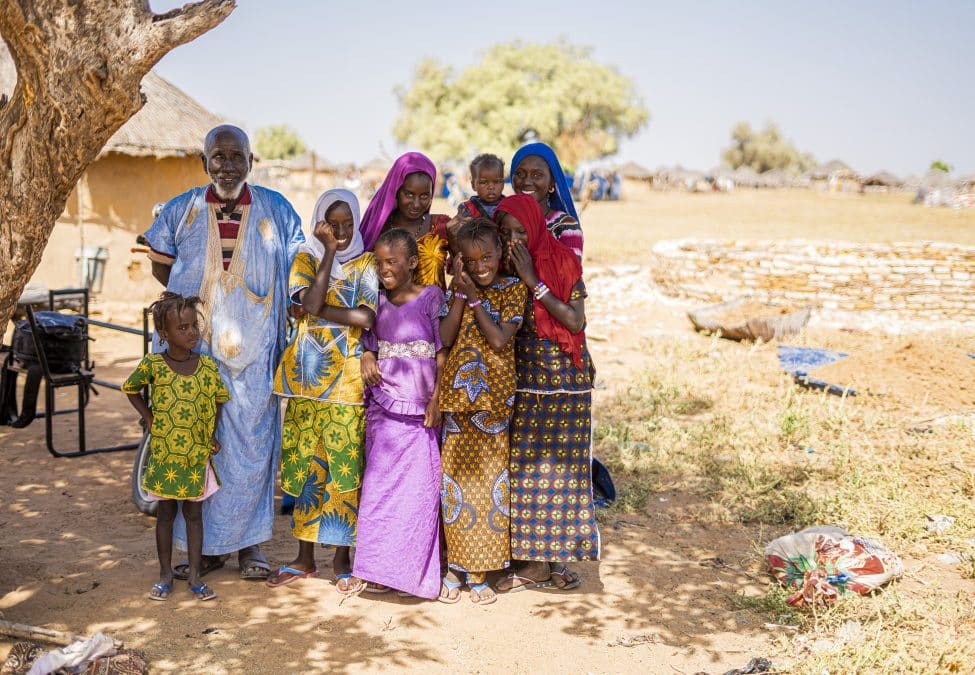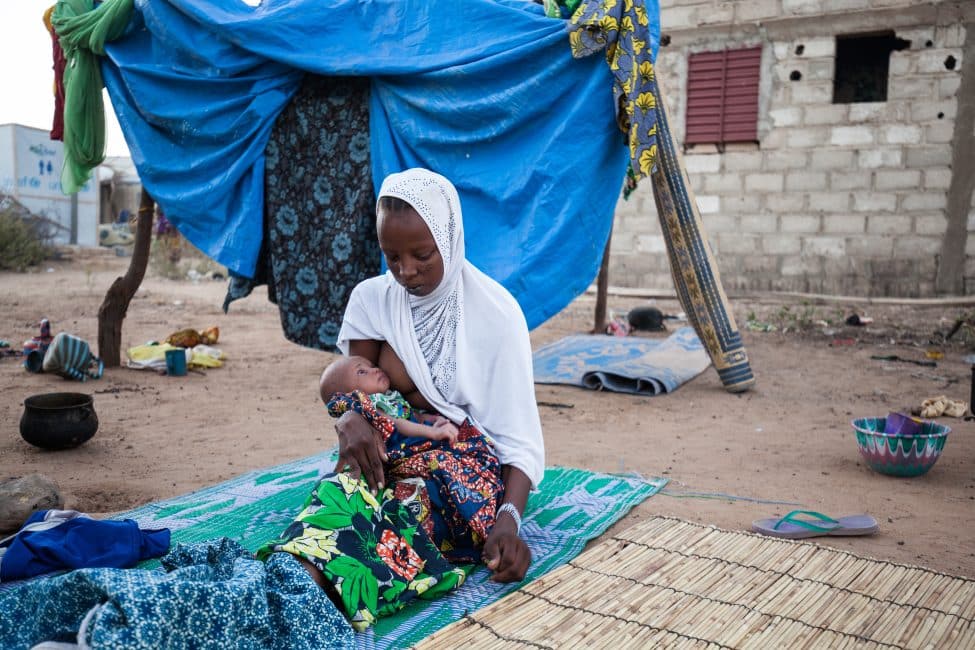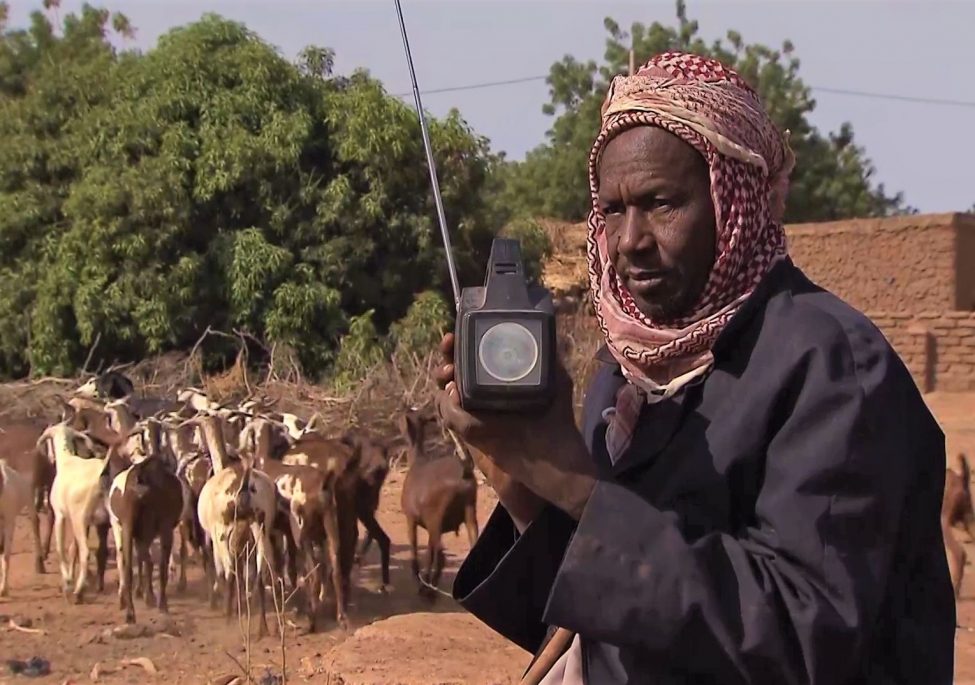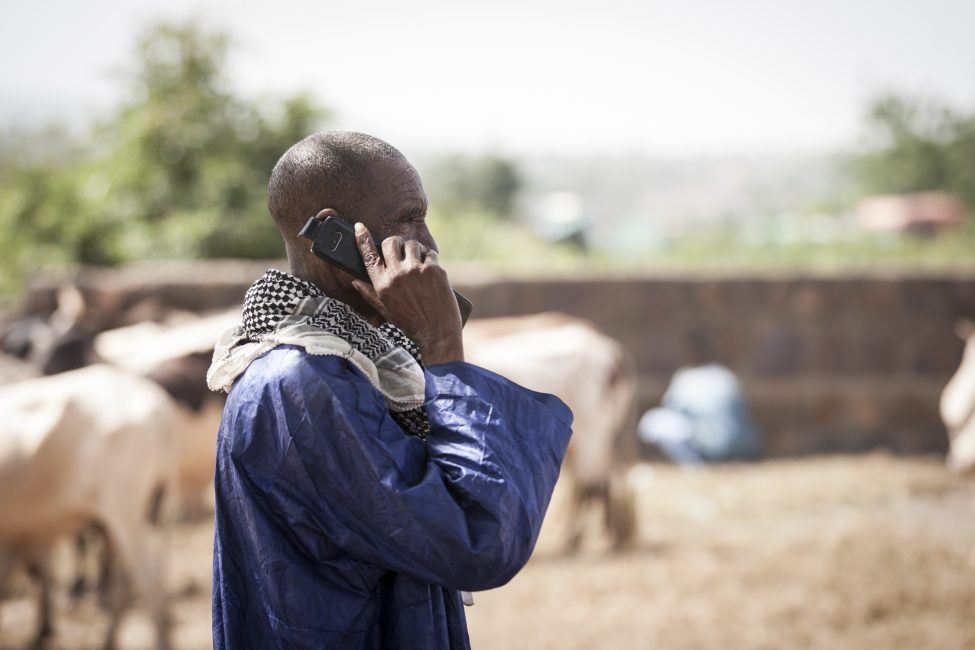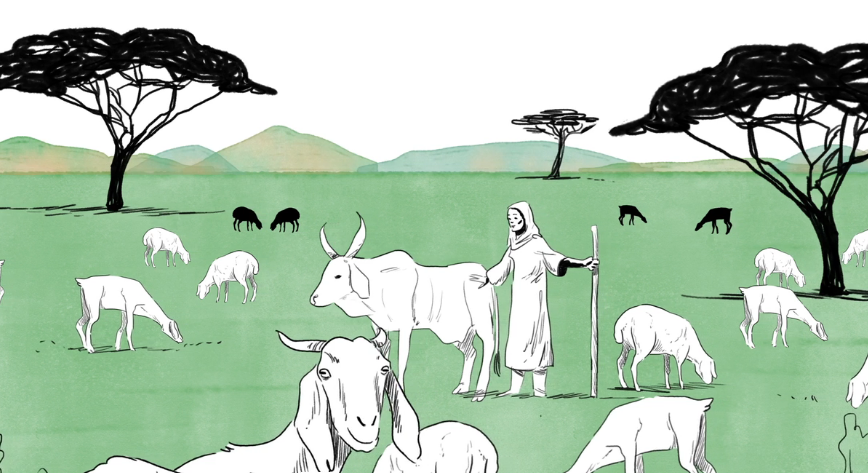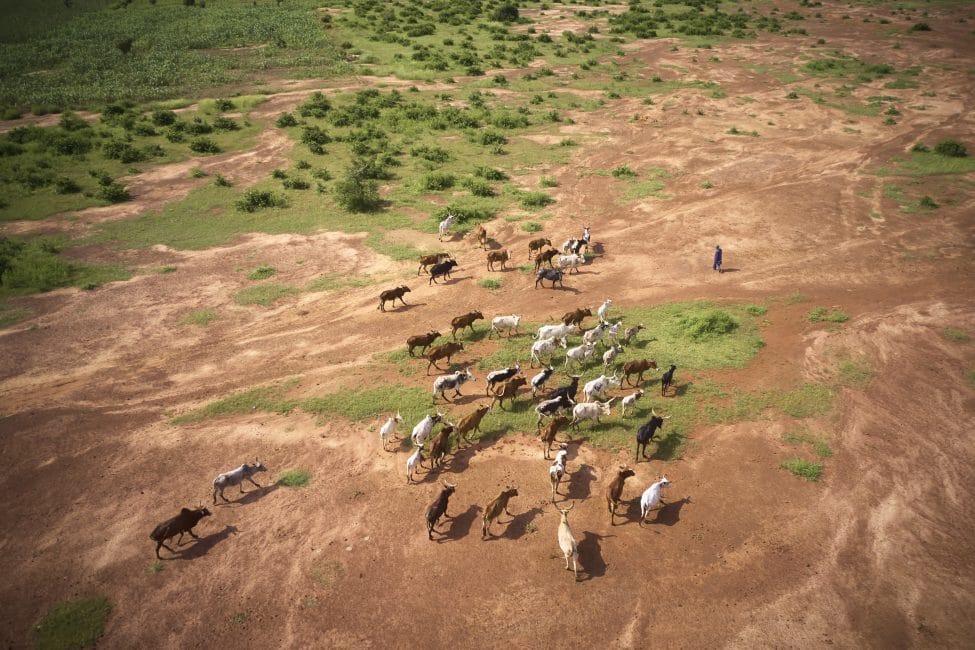November 2023 marked the start of the second phase of our Humanitarian Protection Programme in Burkina Faso, Niger, the DR Congo and Uganda. Eighteen months later, we are seeing how our efforts have changed lives: families who can protect their animals, livestock keepers who stand stronger in the face of the challenges brought by climate change and communities who live together in peace. In this article, you will find out about what we have achieved with our partners.
“Everything has changed since I started breeding livestock”: three women on Vétérinaires Sans Frontières Belgium
In regions of Africa where livestock keeping forms the backbone of daily life, a goat, chicken or cow means much more than just food or trade. These animals are the building blocks of women’s economic independence, allowing them to strengthen their position in the community. Vétérinaires Sans Frontières Belgium contributes to this, both by providing animals for women who need them and by offering support and training. That is how these women gain the knowledge and resources they need to build a more sustainable future. Here are the stories of Marie-Rose, Justine and Minata.
Food.Film.Fest. 2023: on the transition to an agro-ecological food system
We participated in the agro-ecological film festival Food.Film.Fest again this year. We showed the film ‘Sur Le Champ!’, followed by a debate on the opportunities and challenges presented by a transition to an agro-ecological food system.
Pastoralism, a resilient system nonetheless under threat in Burkina Faso
What are the main challenges faced by pastoralist livestock keepers in Burkina Faso? When Hamado Ouedraogo, our country director based in Ouagadougou, visited Belgium, we took the opportunity to find out more. Of course we also talked about the solutions we are putting in place and our demands for the International Year of Rangelands and Pastoralists planned for 2026.
Looking back at 2022
We are coming to the end of 2022, and it has been a rich year, both in the regions in Africa where we intervene and in Belgium. These images offer a reminder of some of the milestones of the past year.
The plight of internally displaced livestock keepers in Burkina Faso
For the past ten years, Burkina Faso has been the host country for hundreds of thousands of Malians fleeing from the insecurity in their country. Now, however, the population of Burkina Faso is also being forced to leave everything behind to escape from the violence. Hamado Ouedraogo, our Operations Director in Burkina Faso, explains how our teams help them, and how they continue their work in spite of everything in critical regions such as Sebba, Djibo and Dori.
A digitised information system to revolutionise transhumance in the Sahel
Faced with growing insecurity and a disrupted climate, livestock keepers in the Sahel often find themselves on the front lines. Thanks to our digitised information system, they have access to reliable and up-to-date information about security and pastures. That enables them to make the best decisions for the transhumance of their herds.
Transhumance information system
Discover the relevance and functioning of our digital information system for transhumant livestock keepers in the Sahel.
Pastoralism, the future in food production
Find out in a few minutes how pastoralists manage to use climate and environmental variability to produce food in a sustainable way.
Mitigating the ongoing crisis in the Sahel – the key role of pastoralists
Because of their predominance in the Sahel, pastoralists are at the heart of the current crisis. To best support them in this crisis, we call for specific measures for pastoralists, a comprehensive approach to security and development in the Sahel and an update of pastoral policies.
- Page 1 of 2
- 1
- 2

